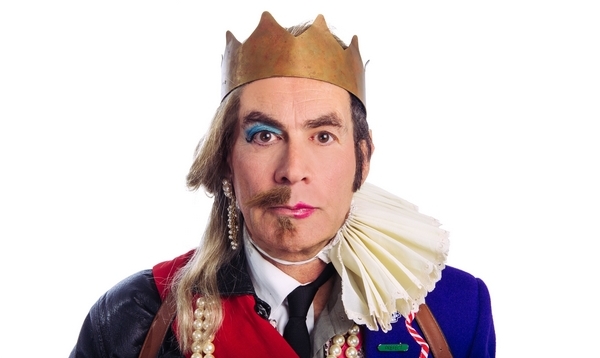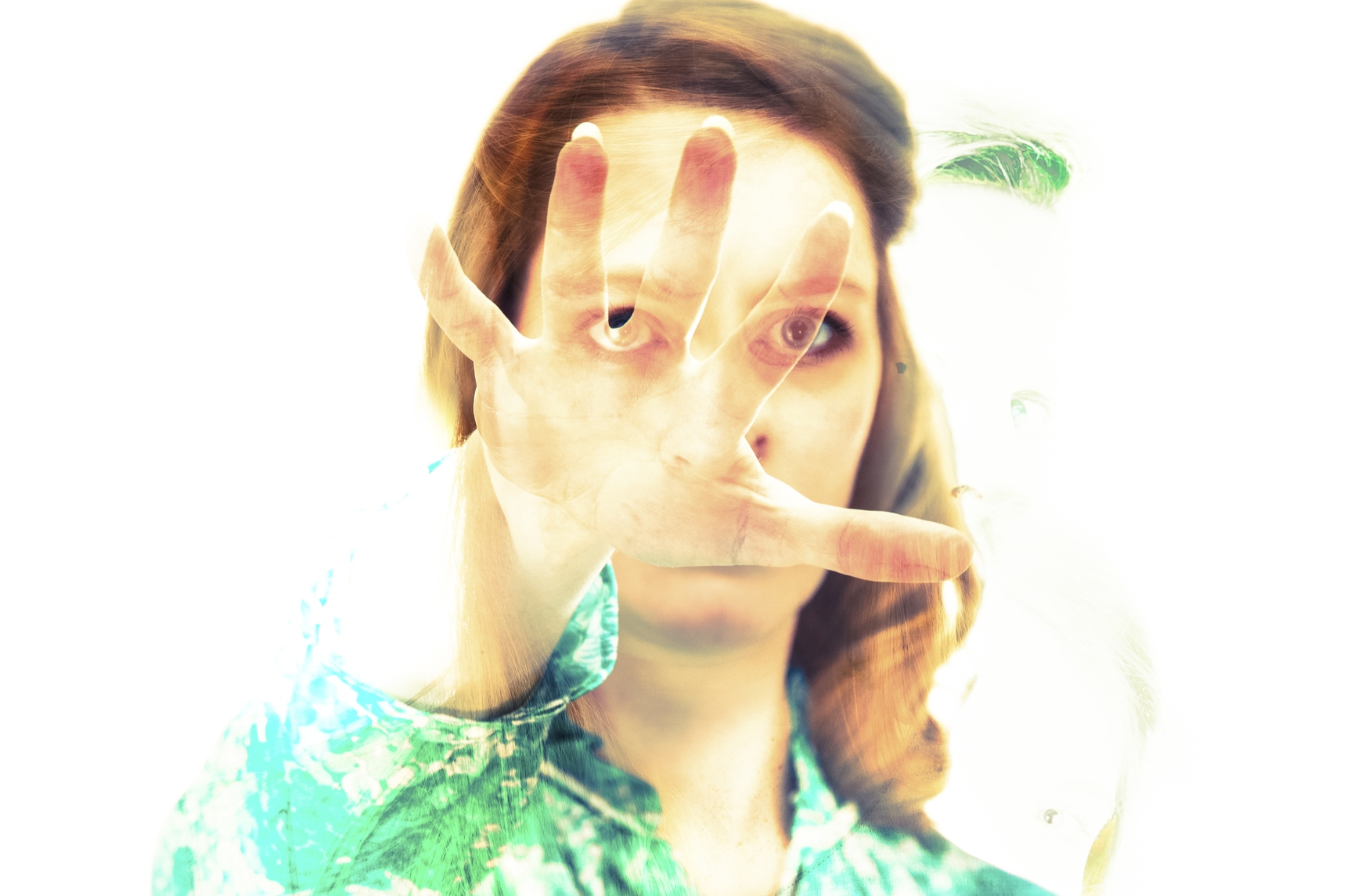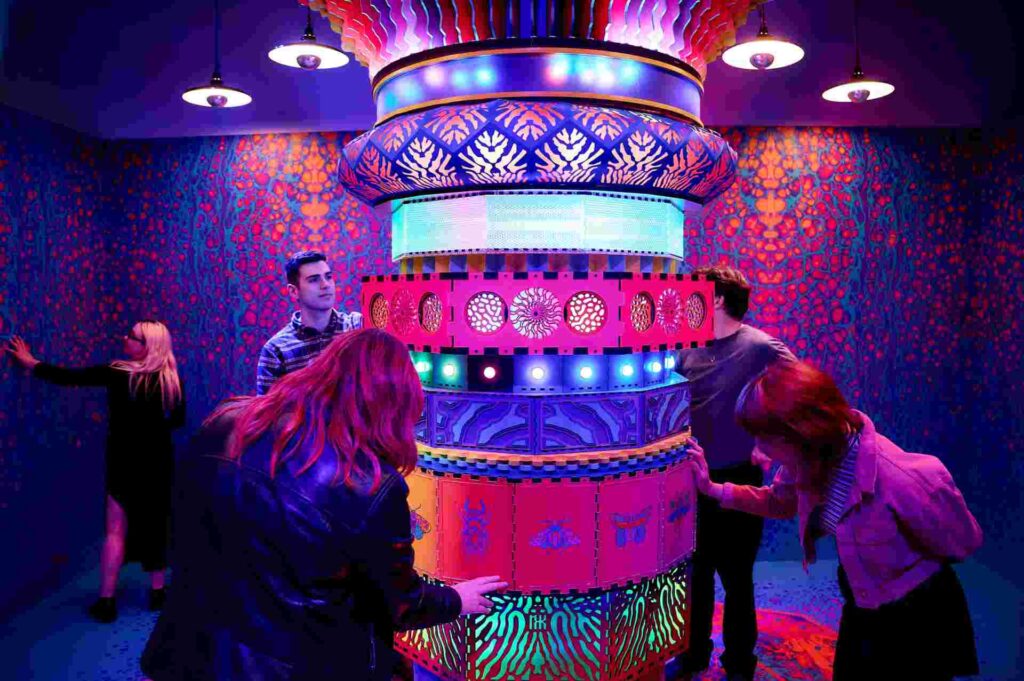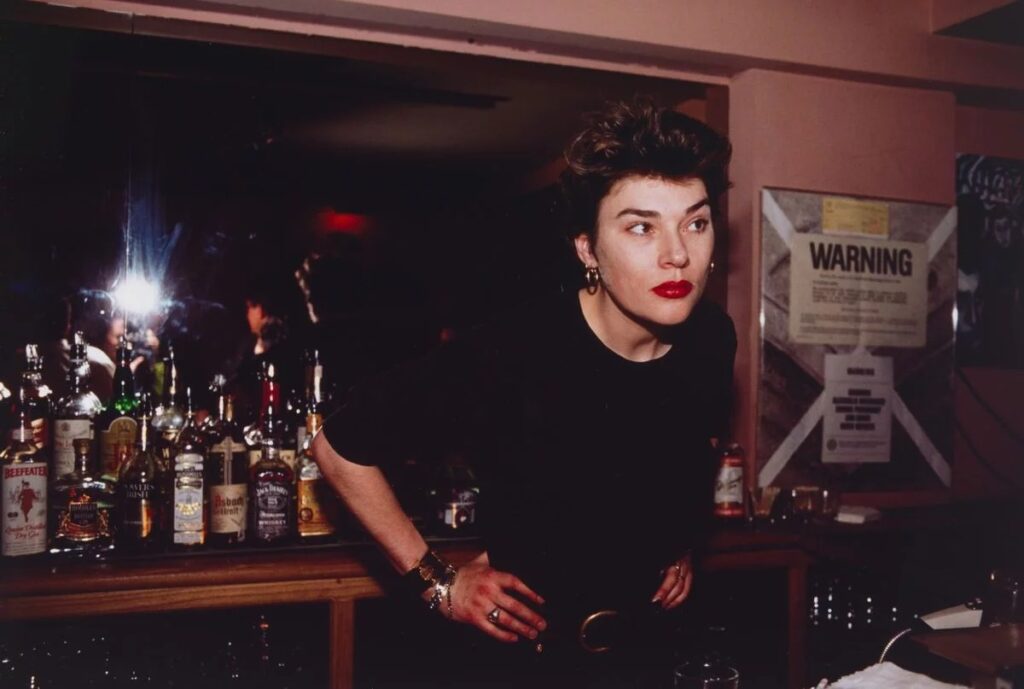Lipson wasn’t intending this work to become a piece of theatre. “I spent one week with each person – it was all open brief,” Lipson explains. “I worked on all sorts of fantastic projects. And I had no idea where it would lead me. I didn’t think a show would eventuate. I was working with these people for its own sake. I still haven’t finished it – there are still a lot of disparate things to tie up. But that’s what gives it value. It’s an unusual show. It’s a solo show by me obviously. But there are 14 other individual people present in the room, some of whom are accretions on my body. Some are famous and some of these are people I happen to know. Some of them are dead and they come alive; they use me as a medium to come to the present audience to see and hear.”
Lipson says EDMUND. THE BEGINNING was a long time in development. “My last solo show also took a long time; it took five or six years to grow.” It’s been 15 years since Lipson’s last solo show, A Large Attendance at the Antechamber, which he toured for seven years after winning two Green Room awards. That show wasn’t noted for its simplicity and neither is this one. At least one of the 14 different characters is a version of himself. “It keeps you guessing – with the contradictions within each character, the quirks in one’s psyche.”
Amongst the deceased characters is the younger brother of William Shakespeare – called Edmund, hence the name of the show. “We hear from him although he doesn’t actually appear,” says Lipson. “It’s an interesting story and there’s almost nothing about him anywhere,” he explains. “No attempt to explain why Edmund in King Lear is called Edmund, nothing to explain why Shakespeare used his brother’s name for that character, which wasn’t kind. And we know Shakespeare didn’t choose names arbitrarily. Edmund was 15 years younger than Shakespeare but unlike Shakespeare he was unsuccessful. Shakespeare didn’t employ Edmund even though he lived next door to the Globe Theatre, in a brothel. He died at 27 and Shakespeare paid for his funeral, over 20 shillings and the forenoon knell of the great bell (of Saint Saviour’s in Southwark) was rung. So it’s a very interesting relationship. There are more details in the show.”
Lipson says it’s very grueling to put a solo show together, especially one of this level of density, blending fact and fiction, reality and imagination, distortion and confession. “I am constantly baffled as to why on earth I do this stuff and the only answer is that I can’t not do it. I seem to have no choice. I think it must be some masochistic desire to go through this torment.” Artists can suffer excruciating failures of nerve and resolve and confidence and go to some very dark places. Lipson reckons this syndrome ought to be named. “I should do a show all about the misery of making things. But I haven’t a choice. This show is slightly less horrible in that way – because of all the prior collaboration. It’s much more fun to do a show with other people. But in order to be true this had to be a solo show.”
Lipson says that the hardest thing in creating EDMUND. THE BEGINNING has been learning all the words. “It’s something that becomes more and more difficult as you get older. Which is annoying. I used to find it easy. There’s nobody who finds that easier as they age. Why don’t give the show to somebody else? I am protective. But being on stage becomes easier. You do get better at acting as you get older. There are no really great actors under 50.”
Beat wonders how many of his characters are female. “Some characters are female, some male,” he answers. “It’s not about cross-dressing or anything – not about that. It’s more about how we are as individuals, and how we are with other individuals. It’s quite a lot about relationships, there are couples who appear in it and we see both sides of that relationship.” (Poets Ted Hughes and Sylvia Plath are rumoured to appear). “Couples living together do take on characteristics of their partners; the show involves an extension of that.” Lipson continues. In light of that we want to know if Lipson has a partner, and if so, is s/he in the show? “Yes I do; we’ve been together for 28 years,” he says. “She gets a remark but she doesn’t actually appear in the show; that would be problematic. I certainly mention her but I have not got the courage to impersonate her.” Does he have a favourite character? “Yes, but I won’t tell you who that is, it’s something that emerges in the show.”
BY LIZA DEZFOULI







